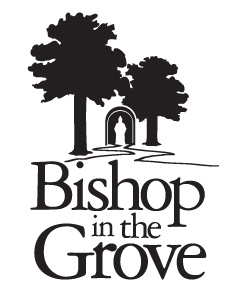Tag: Songs
-

The Stuff of Posts, The Stuff of Songs.
I keep three blogs now. Three. This means that I’m either always writing or always thinking about writing. My life becomes the stuff of posts, sometimes the stuff of songs. The medium, with its requirements of regularity and consistency, force me to see stories in my life and lay those stories down in text. When […]
-

My Pagan Yule Sounded A Lot Like Christmas
Pagans sang Christmas carols at the Yule ritual, and it totally caught me off guard. The song sheets handed out to the attendees contained three classic, Christian favorites, re-written with Pagan, mostly Wiccan-themed lyrics. We Three Kings, Away in a Manger, and God Rest Ye Merry Gentlemen were retitled and reworked as Moon of Silver, Away From […]

